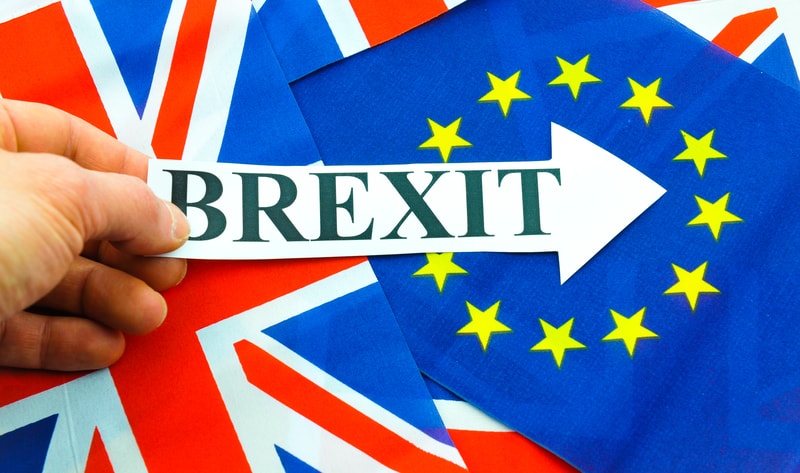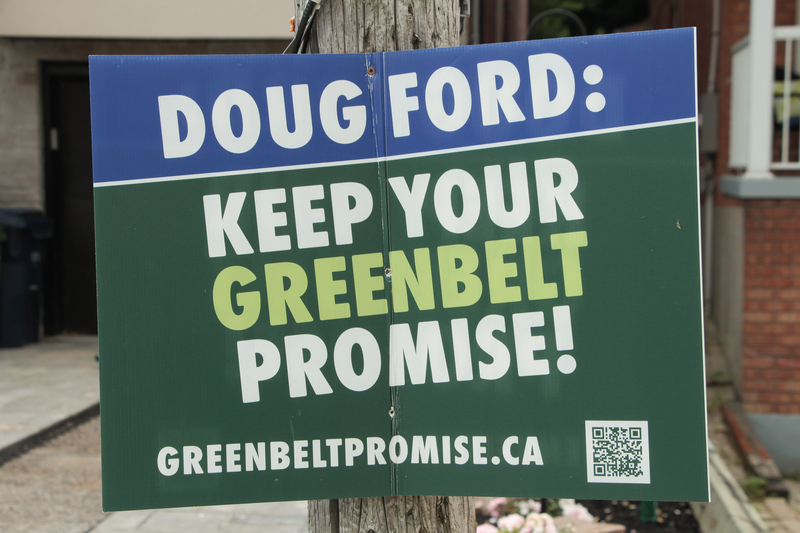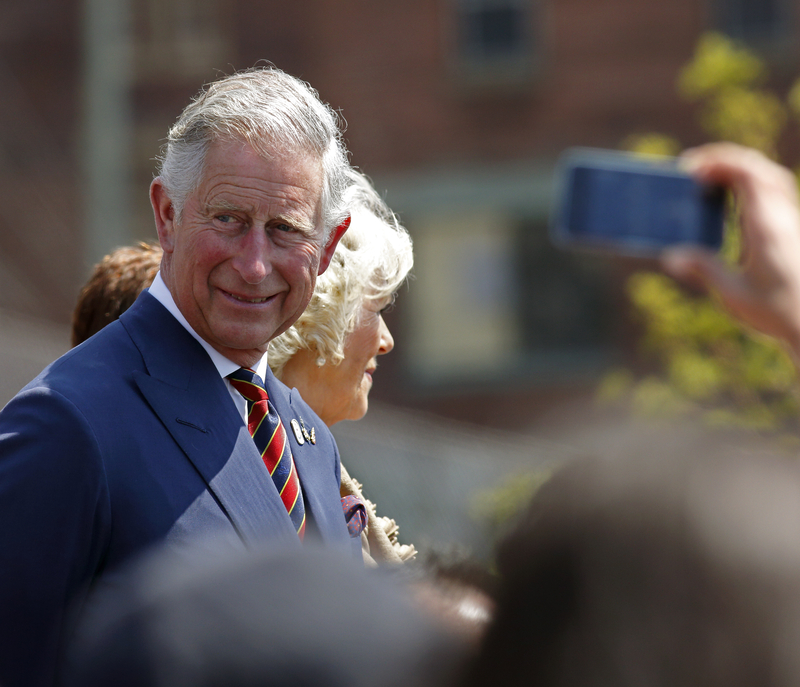Yesterday, the United Kingdom (UK), which includes the countries of England, Scotland, Wales, and Northern Ireland, voted to leave the European Union (EU). The vote was close. About 52% voted Leave, while 48% were on the Remain side. After the result was confirmed, Prime Minister David Cameron announced this morning that he was resigning, or leaving his job.
All citizens of the UK, or Britain, were allowed to vote in the referendum (that's like an election, except people vote on an important issue, rather than a new leader). The EU referendum became known as Brexit, for "British Exit". And now that British Exit is going to happen.
So what does all of this mean? It's a complicated story, but let's dive into it and start with what it is that Britain has voted to leave behind.
The European Union
The EU is a lot of things, but its roots are all about stopping war. After the Second World War left much of Europe in ruins, people wanted to find a way to make sure it never happened again. Many felt that one of the best ways to do that was to turn Europe (a continent of over 30 different nations with a history of fighting each other a lot) into a more unified group. They wanted to create a union where the countries did more business with each other, shared in important decisions, used the same money (the EU's currency is called the Euro), and traveled more freely across each other's borders.
In other words, they wanted to become better neighbours. Good neighbours can still have differences, but they're more likely to talk through their differences than go to war over them.
In 1957, Belgium, France, Luxembourg, the Netherlands, West Germany, and Italy created the European Economic Community (EEC). Over the following years, the EEC added more and more countries, eventually becoming known as the European Union in 1992. Currently, the EU has 28 member countries.
Sounds great. Why would Britain want to leave?
The EU flag and the Union Jack (the UK's flag) flying side-by-side...but not for much longer? (Getty Embed)
Britain joined in 1975. Since then, it has been a very important member of the EU. So why leave it now?
Ironically, the referendum was called by Prime Minister Cameron (that's the same guy who just quit his job over the result). Cameron did not want to leave the EU (and certainly didn't expect that Leave would win). But he called the vote anyway to please members of his own political party (the Conservatives) who were "Euroskeptics" (that's just a name for people who are skeptical about being in the European Union).
These Euroskeptics basically feel that the rest of Europe has too much say in how Britain does its business. In their mind, we tried this whole EU thing out and we became better buddies. But we don't like how often we need to listen to Europe about how we run our own country. So we'd rather go back to way it was, thanks very much.
They wanted to leave.
Compromise vs. freedom
In the end, this is what all unions come down to, whether you're talking about a bunch of states or provinces forming a big country (like the United States or Canada), or a bunch of countries forming something like the European Union. To join a group, you need to be willing to compromise on lots of decisions. In Britain's case, the Leave voters felt that the compromise wasn't worth it anymore. (And besides, Britain already held on to its traditional currency, the pound, instead of using the Euro as its money.)
On the other hand, the Remain voters disagreed. The EU might have made some decisions more difficult, but all of that cooperation brought better relationships and better jobs (that's because all of those countries did so much business together). Plus, it was so much easier to travel and live anywhere in Europe (a person with a passport from any EU country can live anywhere in the Union). For them, the compromise was worth it.
What does Brexit all really mean?
Former London mayor Boris Johnson is someone many feel will takeover from Cameron as Prime Minister. He supported the Leave vote. (Getty Embed)
Now that Leave has won Brexit, what's going to happen? Leaving the EU will certainly affect everything from the jobs British people have, to the value of their money, to their immigration policies (Leave voters complained that the EU made it too easy for foreigners to live in the UK). But how? Well, we'll just have to wait and see. No one can predict the future.
One thing that is for certain is that the United Kingdom is a deeply divided nation on this issue. Essentially, England's capital city of London, a few other big cities like Liverpool and Manchester, and the countries of Scotland and Northern Ireland all voted Remain. Everywhere else voted Leave. In addition, about 65% of younger voters (the ones who will live longest under this decision) voted to Remain.
Meanwhile in the rest of Europe, many worry that Britain deciding to leave will give other nations the same idea and that the EU will begin to fall apart. And then there's this little wrinkle (just to keep your head spinning). Remember what we said earlier about how unions require a little compromise? Well, the United Kingdom itself is a union, too! In fact, in 2014, one of its countries, Scotland, had its own referendum on whether or not to stay in the UK. Though Scotland voted to stay In, the vote was close. With so much of Scotland clearly wanting to be in the EU, will they now choose to vote again and leave the UK behind?
A lot of change still to come
Whew! That's a lot to digest, thanks for sticking with it! Basically, people on both sides of the issue are very passionate about why their side is the best way forward for the United Kingdom. For now, the Leave side has won, and Britain is looking for a new prime minister. Whatever happens next, it won't be boring.
(For more info, watch this OWLconnected 1 Week 1 Question video on the reasons for the EU forming.)
 The United Kingdom has decided to leave the European Union. (@Dreamstime)
The United Kingdom has decided to leave the European Union. (@Dreamstime)










😥
“Old men make wars; young men fight them.” Sadly remembering the centenary of the Battle of the Somme, WW1 when young men on both sides were slaughtered.
It seemed that mostly older people voted to leave the EU and it was mostly young people who voted to remain.
Why? Young people appreciated the oppportunities the EU gives young people to travel, to work and to live in other European countries and get to know and make friends with their European neighbours.